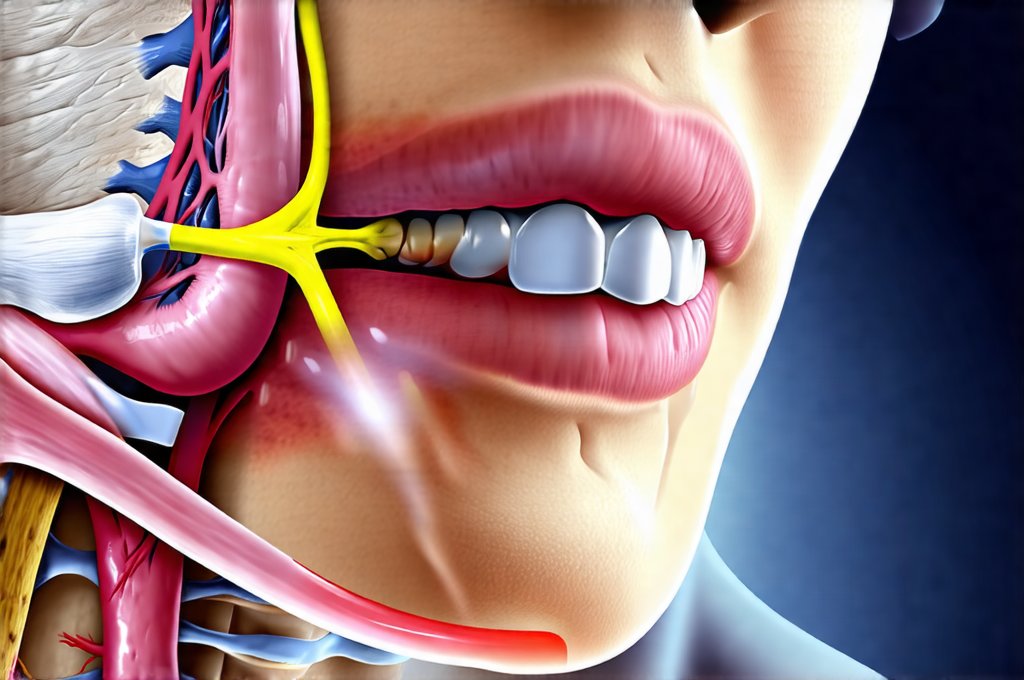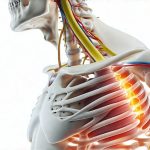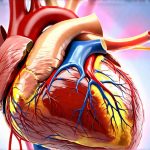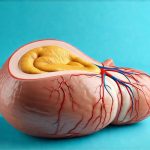Gastroesophageal reflux disease (GERD) is a surprisingly common condition affecting millions worldwide, often recognized by its hallmark symptom of heartburn. However, GERD’s reach extends far beyond the chest, sometimes manifesting in ways that are unexpected and confusing for sufferers. Many individuals report experiencing tightness or discomfort in their neck or throat, leading them to question whether these seemingly unrelated symptoms could be connected to their reflux. Understanding this potential link requires a deeper dive into the mechanisms of GERD, how it interacts with the surrounding anatomy, and why these atypical presentations occur. It’s important to note that while a connection can exist, other causes for neck or throat tightness must also be considered, making accurate diagnosis crucial.
The complexity arises because the esophagus, the muscular tube carrying food from your mouth to your stomach, travels relatively close to the structures in your neck and upper chest. Refluxed stomach acid isn’t always directed solely downward; it can sometimes travel upwards, or even spread laterally, irritating sensitive nerves and muscles. This irritation can trigger a cascade of responses, including muscle tension, inflammation, and ultimately, the feeling of tightness many people describe. Moreover, the brain often struggles to pinpoint the exact source of discomfort, leading to referred pain – where sensations are felt in areas different from their origin. It’s this interplay between physical mechanisms and perceptual challenges that makes identifying GERD as a cause for neck or throat tightness tricky but not impossible.
The Connection Between GERD and Throat/Neck Discomfort
The relationship between GERD and throat/neck discomfort isn’t always straightforward, but several key factors explain how it can occur. Firstly, the esophagus shares proximity with important structures in the neck region, including the larynx (voice box), pharynx (throat), and surrounding muscles responsible for swallowing and breathing. When stomach acid refluxes upwards, even in small amounts, it can irritate these areas directly, causing inflammation and a sensation of tightness or constriction. This is often described as a feeling of something being stuck in the throat – known medically as globus sensation. The irritation isn’t always due to the acidity itself; the physical act of reflux and esophageal spasms can also contribute to discomfort.
Secondly, GERD frequently triggers an inflammatory response. Chronic inflammation, even mild, can lead to muscle tension as the body attempts to protect itself. Muscles in the neck and throat may tighten involuntarily as a protective mechanism against perceived or actual irritation. This creates a vicious cycle: reflux causes inflammation, which leads to muscle tightening, which then potentially exacerbates reflux symptoms. Finally, vocal cord dysfunction can sometimes be associated with GERD. Acid reflux can irritate the vocal cords causing them to become inflamed and leading to changes in voice quality and even difficulty breathing, further contributing to a feeling of tightness.
The type of discomfort experienced can vary significantly depending on the individual and the severity of their GERD. Some may describe a constant tightness, while others report intermittent sensations that come and go with reflux episodes. It’s crucial to differentiate between this type of discomfort and other causes like muscle strain, thyroid problems, or anxiety, which can also present similarly. A thorough medical evaluation is essential for accurate diagnosis. Considering the impact on daily life, understanding meal timing can be beneficial.
Understanding Laryngopharyngeal Reflux (LPR)
Laryngopharyngeal reflux (LPR), often referred to as “silent reflux,” is a subtype of GERD that specifically involves the backflow of stomach acid into the larynx and pharynx. Unlike typical heartburn, LPR often lacks the classic chest pain symptoms, making it more difficult to recognize. This is why many people with LPR don’t even realize they have GERD. The primary symptoms are usually related to the throat, including hoarseness, chronic cough, frequent clearing of the throat, and – crucially – a feeling of tightness or globus sensation.
LPR differs from typical GERD in several ways. The amount of acid needed to cause LPR symptoms is often much smaller than what triggers heartburn. This means even mild reflux can be problematic. Furthermore, it’s not always the acidity itself that causes damage; the pepsin enzyme found in stomach acid can also irritate and inflame the delicate tissues of the larynx and pharynx. Diagnosing LPR usually requires a different approach than diagnosing typical GERD, often involving ambulatory pH monitoring (a 24-hour test to measure acid levels in the esophagus) or laryngoscopy (visual examination of the larynx). Many find relief by understanding antacids and their role in treatment.
The Role of Esophageal Spasms & Nerve Irritation
Esophageal spasms are abnormal contractions of the muscles in the esophagus. They can occur independently, but they’re also frequently triggered by GERD. When stomach acid irritates the esophageal lining, it can lead to dysmotility – a disruption of the normal rhythmic muscle contractions that move food down the esophagus. This can manifest as painful spasms that feel like tightness or pressure in the chest and throat. These spasms can sometimes radiate upwards into the neck, further contributing to the sensation of constriction.
Nerves play a vital role in transmitting signals from the esophagus to the brain. GERD-related inflammation can irritate these nerves, leading to heightened sensitivity and altered pain perception. This means even minor reflux events can be perceived as significant discomfort, including tightness in the throat or neck. Furthermore, vagus nerve stimulation – a common occurrence during reflux episodes – can contribute to muscle tension in the neck and throat area. The vagus nerve is responsible for many bodily functions, including digestion and heart rate, and its overstimulation can lead to various symptoms, including feelings of fullness, bloating, and tightness. Sometimes seemingly unrelated factors like music or light can also play a role in symptom exacerbation.
Differentiating GERD-Related Tightness from Other Causes
It’s essential to rule out other potential causes before attributing neck or throat tightness solely to GERD. Several conditions can mimic these symptoms, making accurate diagnosis crucial. These include:
- Muscle Strain: Overuse or injury to the muscles in the neck and shoulders can cause significant tightness and pain.
- Thyroid Problems: An enlarged thyroid gland (goiter) or thyroiditis (inflammation of the thyroid) can put pressure on the throat, leading to a feeling of constriction.
- Anxiety & Stress: Stress often manifests physically as muscle tension, particularly in the neck and shoulders.
- Globus Sensation (non-GERD related): This is a perception of a lump or tightness in the throat without any physical obstruction, often linked to stress or anxiety.
- Allergies: Allergic reactions can cause swelling and inflammation in the throat, leading to discomfort.
A comprehensive medical evaluation, including a detailed history, physical examination, and potentially diagnostic tests (endoscopy, pH monitoring, thyroid function tests), is necessary to determine the underlying cause of neck or throat tightness. Self-diagnosis should be avoided, as it can lead to delayed or inappropriate treatment. If you are experiencing persistent tightness in your neck or throat, consult a healthcare professional for an accurate diagnosis and personalized management plan. It’s also worth considering whether weight management could be a contributing factor. Additionally, recurring symptoms may prompt you to consider if eating the same food daily is causing reactions. Don’t dismiss potential connections like acid reflux and ear pain.


















